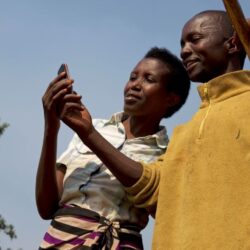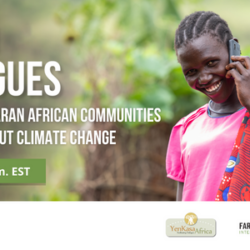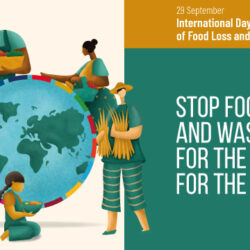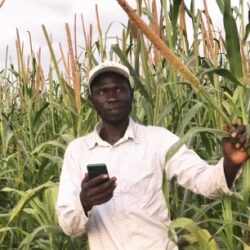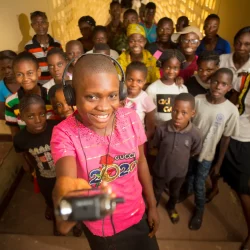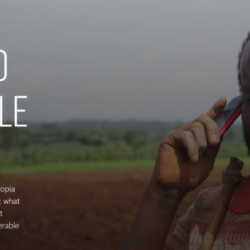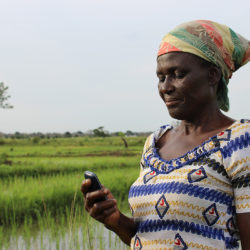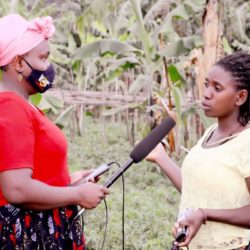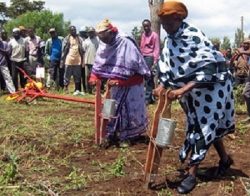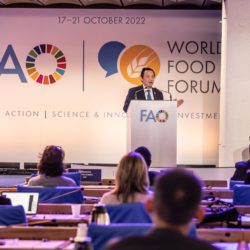Early warning systems help small-scale farmers prepare for climate change
Climate change is making extreme weather events more intense and frequent. Warning systems that are accurate, easy to use and provide the right climate information help limit loss of life and livelihoods. With advance warning, small-scale farmers get precious time to store produce and animals safely and to prepare for disaster. Even when some damage is unavoidable, it can make it easier to recover. Yet only half of the least-developed countries

